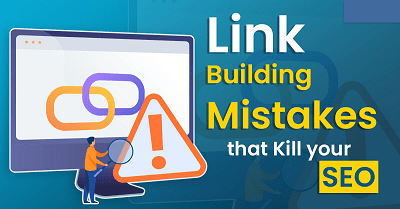Fake news! How to recognize bad advice in link building and SEO
Fake news is a serious problem in today’s digital world, especially when it comes to link building and SEO. In the world of online marketing, fake news can be very damaging and lead to lost opportunities, wasted time, and even financial losses.
Link building and SEO are complicated topics, so it can be hard to know what advice is good and what is not. To help you recognize bad advice in link building and SEO, here are some tips:
1. Look for advice from reputable sources. A reputable source of information will have a track record of providing accurate and up-to-date information. If the advice is coming from a source that is not well-known or has a questionable reputation, it is best to take it with a grain of salt.
2. Check the source’s credentials. Before taking someone’s advice, make sure they are qualified to give it. If they are not a professional in the field, they may not be able to provide accurate information.

3. Consider the source’s motivations. Sometimes, people may be giving advice that is not in your best interest. Be wary of sources who may be pushing their own agenda or promoting their own products or services.
4. Look for red flags. If the advice seems too good to be true, it probably is. Be wary of advice that promises quick, easy results with no effort required.
5. Check for accuracy. Before taking someone’s advice, make sure to double-check it yourself. Research the topic and see if the advice matches up with what other experts have said.
By following these tips, you can help ensure that you are not taking bad advice when it comes to link building and SEO. It is important to be informed and take the time to do your own research before implementing any strategies. That way, you can be sure that you are taking advice from reputable sources and following the best practices for link building and SEO.
No comments yet.




